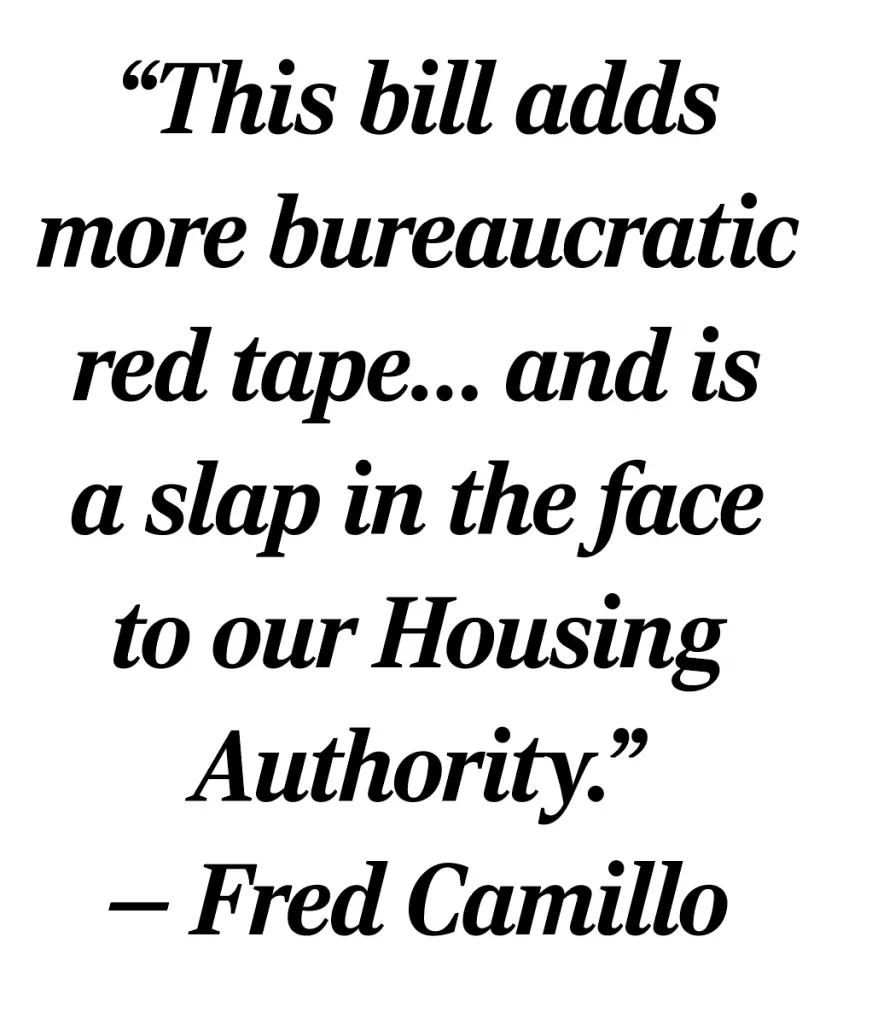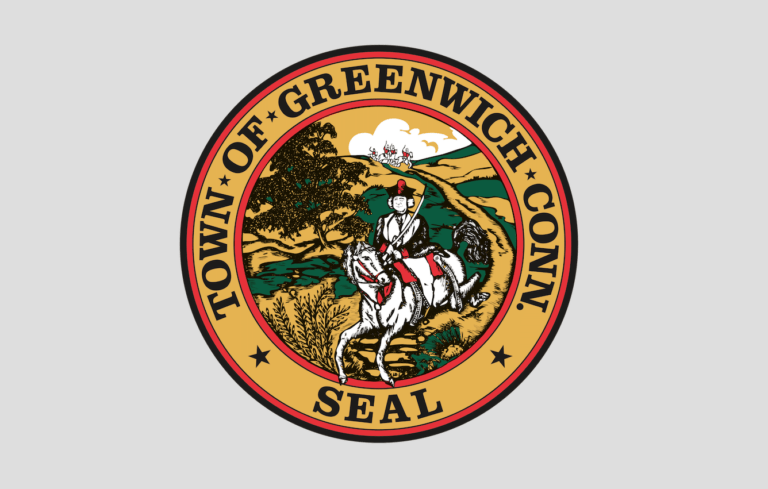Here is an Op Ed from Margarita Alben on this topic: This Bill Could Reshape Our Town and You Can’t Read It
UPDATE: This bill has passed the house and senate and awaits the Governor’s signature.
By Anne White and Elizabeth Barhydt
The housing bill that started as a sentence became a novel overnight.
With less than 24 hours’ notice, Connecticut lawmakers were handed a 92-page substitute amendment to House Bill 5002 late Wednesday night—transforming a one-paragraph placeholder bill into one of the most consequential housing reforms in recent state history. At press time, the vote was expected Thursday, May 22, in the House of Representatives.
The legislation, which started the session as a vague proposal to study homelessness, now contains sweeping mandates on local zoning, state oversight powers, and two key policy frameworks: Fair Share housing quotas and Transit-Oriented Development (Live, Work, Ride). And local leaders in Greenwich are making it clear—they’re not just concerned. They’re furious.
“This is a total assault on Connecticut’s towns in terms of zoning and a major challenge to the concept of Home Rule,” said State Representative Tina Courpas (R–Greenwich). “I will make every effort to kill it in the House.”

Courpas is also preparing a slate of amendments aimed at removing the bill’s most damaging provisions. “The supermajority has the votes to pass anything and everything—and maybe this bill,” she said. “But I’m focused on defending our town.”
The final bill, LCO 8974, was quietly uploaded after business hours on Wednesday. Until then, the working version of HB 5002 remained a single paragraph—giving the public no opportunity to testify on the sweeping policies it now includes.
Adding to the tension in Greenwich: Two sections of the final bill were originally authored by the town’s own Democratic State Representatives, Stephen Meskers and Hector Arzeno.
Section 1 mirrors HB 6946, introduced by Reps. Meskers and Arzeno, and requires local Housing Authorities to submit detailed compliance data to the state.
Section 2 adopts the language of HB 6534, also theirs, which strips the First Selectman of authority to appoint Housing Authority members.
That contribution has not gone unnoticed.
“I think it’s an absolutely horrible bill that they put in,” said First Selectman Fred Camillo. Reps. Meskers and Arzeno “are on record last year when they ran talking about how they would defend local control, and yet the worst bill in the history of the state is up for a vote and they are a part of it.”
For Camillo, the bill doesn’t just threaten home rule—it directly undermines the work of Greenwich Communities, the town’s housing authority.
“This particular bill adds more bureaucratic red tape and does nothing to protect local control of zoning,” he said. “And it’s a slap in the face to our Housing Authority, which has actually done a terrific job at producing more affordable housing and improving the ones we already have.”
Greenwich Communities has been recognized as one of the top-performing housing authorities in the state. Under the new bill, critics say, it would be reduced to a bureaucratic agency executing state mandates—stripped of its ability to plan based on Greenwich’s unique infrastructure and needs.
“This bill will make it just another bureaucratic red tape organization,” Camillo warned.
State Representative Meskers did not responded to a request for comment. State Representative Hector Arzeno texted the following as of press time: “Let’s see if passes the House!!!!” We will update the story as it unfolds.
What HB 5002 Would Do
- The amended bill includes:
- Section 10: Statewide “Fair Share” housing quotas assigned to each town.
- Section 5(b)(11): Requires as-of-right approval of 2–9 unit “middle housing” on all commercial-zoned land.
- Section 6: Eliminates town-set parking minimums, replacing them with developer-submitted “needs assessments.”
- Section 9: Requires state-approved local housing plans in newly established “priority housing development zones.”
- Section 19: Grants the Attorney General power to sue towns over zoning outcomes alleged to have “discriminatory effects.”
- Other provisions include portable sanitation infrastructure for the homeless (Section 7), a ban on hostile architecture (Section 11), and the creation of regional stormwater and waste management roles (Section 15).
Opposition Builds Across the State
Critics say the release strategy was deliberate: get the bill to the floor before the public—and even some legislators—fully understand what’s in it.
“They don’t want us to know what’s in the bill until they’ve got their numbers,” said Maria Weingarten of CT169Strong earlier this week.
Even members of the Bridgeport delegation, long allies in housing expansion legislation, expressed alarm earlier this week. Weingarten recalled, “They said, ‘Where’s the language? No offense, but we want to see what you’re actually writing down on paper.’”
The original placeholder version of HB 5002 had already cleared Housing, Appropriations, and Finance Committees without a fiscal note—a tactic, Weingarten argues “gave them a blank check.”
Opponents of the bill stress that they support affordable housing—but not like this.
“This isn’t about saying no to affordability,” Courpas said. “It’s about saying no to one-size-fits-all mandates imposed on towns that are already doing the work.”
As of press time, a House vote on HB 5002 is expected today. Governor Ned Lamont has not commented publicly on the final amendment.
But in Greenwich, the message from most elected leaders is unambiguous.
“We want all of Connecticut to thrive,” Courpas said. “But this isn’t smart policy. It’s not transparent. And it’s not what our town deserves.”
UPDATED at 1:14pm
Reaction Continues to Come In
As the House prepared to vote on HB 5002 Thursday, May 22, more voices from across the state weighed in with urgent calls to slow or stop the bill.
State Senator Ryan Fazio (R–Greenwich) called the legislation “8-30g on steroids” and warned that it “undermines local control of zoning and housing issues in historic fashion.” He urged Democrats to join Republicans in opposing what he called “a 50-section omnibus bill released less than 12 hours before debate.”
The Connecticut Conference of Municipalities (CCM) issued a formal “Call to Action” Thursday morning, warning legislators that the bill would override local zoning, impose new unfunded mandates, and set towns up for legal and financial exposure through vague terms like “reasonable opportunity.” CCM also criticized the reliance on the ECONorthwest Report, which it says ignores infrastructure realities and lacks transparency.
In Greenwich, Rep. Hector Arzeno acknowledged the tension. “The vote in the House will be very very close,” he told the Sentinel, adding that “there is a lot of negotiating going on right now.” He described the legislation and many of its components as “very complicated.”
Outside the Capitol, advocacy groups CT169Strong and the Yankee Institute blasted the process and substance alike, calling HB 5002 “a massive housing omnibus bill” that “ignores infrastructure, geography, and the character of individual communities.”
As more organizations and public officials weigh in, the fate of HB 5002—and the shape of Connecticut’s future housing framework—hangs in the balance.




